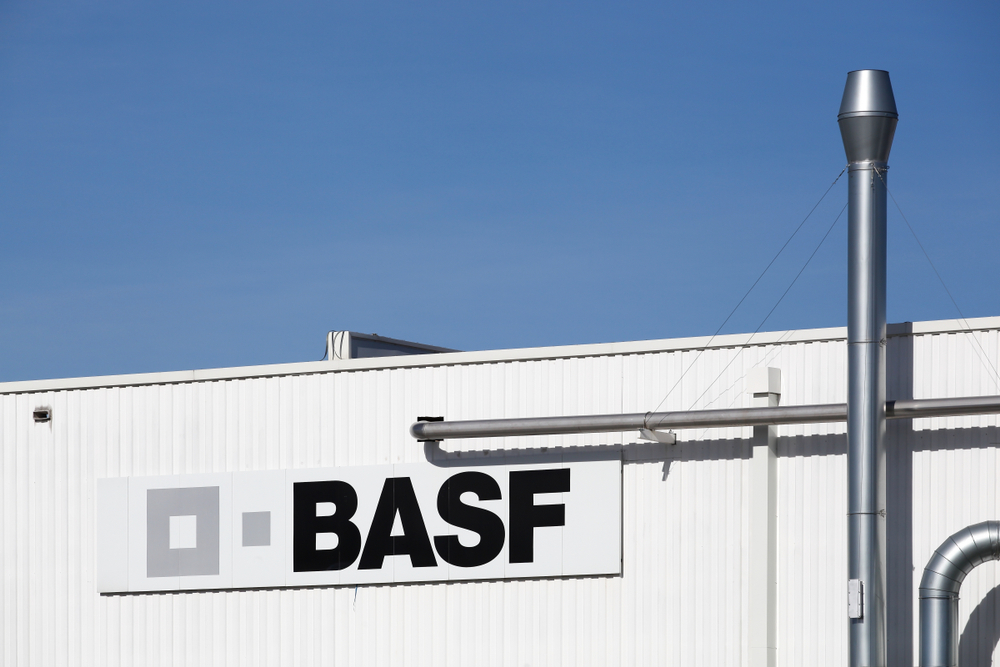
German-based chemical company BASF has reportedly planned to build a cathode factory to the tune of €500 million in the state of Brandenburg, Germany, that will cater to materials for the battery production of electric cars. The existing BASF plant in Schwarzheide, Brandenburg, accommodates 1,973 workers, and the new cathode factory is expected to employ close to 8,000 people once set up.
That said, there has not been a formal announcement from BASF in this regard, but the news was indirectly confirmed by Dietmar Woidke, the prime minister of Brandenburg. This is a huge boost to the electric vehicle plans of Germany, where automakers have relied on conventional vehicle production for the better part of a century.
The BASF plans for the cathode factory come in the wake of Tesla’s Elon Musk announcing a Gigafactory at Brandenburg in November. Tesla’s first production centre in Europe also would be a huge benefit for Germany, as it suffers from a dip in foreign trade brought about by a stumbling auto industry that is shedding jobs in the thousands.
Meanwhile, the European Commission (EC) approved €3.2 billion in state aid on Dec. 9 that will be injected into the research and development of battery technology, with projects selected across Belgium, Finland, France, Germany, Italy, Poland and Sweden. The EC expects this funding to vitalize the electric vehicle segment and bring in an added €5 billion in investment from private entities.
“Battery production in Europe is of strategic interest for our economy and society because of its potential in terms of clean mobility and energy, job creation, sustainability and competitiveness,” said Margrethe Vestager, the executive vice president of EC’s Europe Fit for the Digital Age. “The approved aid will ensure that this important project can go ahead without unduly distorting competition.”
In its statement, BASF mentioned that it intended to set up a cathode factory in Germany, which will work along with BASF’s Finnish factory to yield batteries for the production of 300,000 electric cars annually.
Brandenburg is a preferred destination for setting up new factories as the region has a lot of available workforce and because the average wages in the state are considerably lower compared to its West German counterparts. That apart, the inception of a Gigafactory in the same state will, in all likelihood, lead BASF to strike a partnership with Tesla to supply its cars with their much-needed batteries.
Currently, Tesla partners with Panasonic for its battery needs, with the Japanese electronics giant jointly investing and operating several battery cell production lines within the Tesla factory. However, there have been several misgivings between the two companies in the recent past, mostly due to the friction in working styles between Tesla and Panasonic. With a battery production factory close to the upcoming German Gigafactory, BASF could hope to cash in at the expense of Panasonic.
That apart, increasing battery production in Europe at-large is a priority for the EC, as it fully understands the massive gulf that exists between Asian and European battery production. Asia accounts for 80% of the world’s battery production, while Europe accounts for a meager 3%. The EC expects the €3.2 billion grant to push the continent to greater prominence over the next decade.

